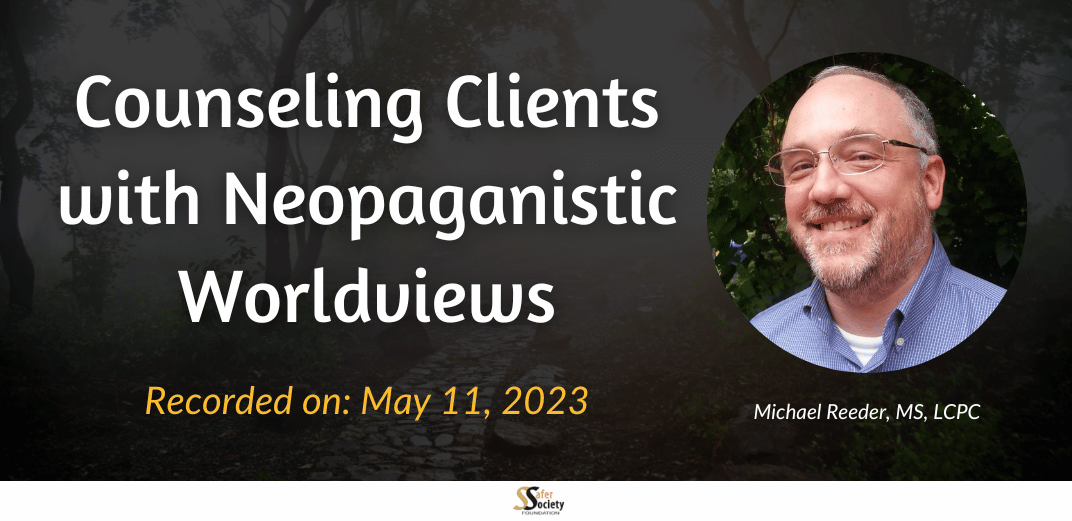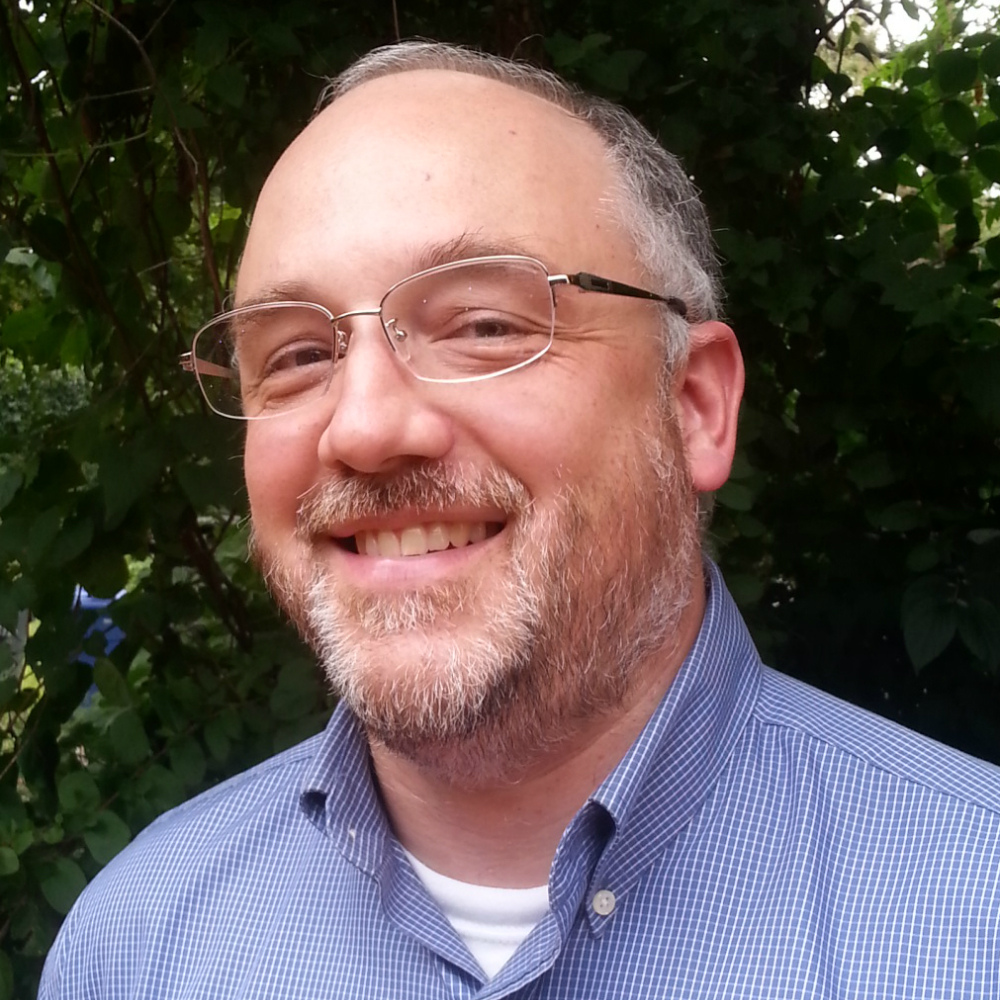
Counseling Clients with Neopaganistic Worldviews
This webinar is for mental health professionals, counselors, and therapists who are interested in understanding and supporting clients with Neopaganistic worldviews.
A growing number of clients in treatment follow different spiritual paths than the religious practices most familiar to their treatment and supervision providers. This sets the stage for possible misunderstandings and tensions between the client and the members of treatment or supervisory team. Among these spiritual paths is Neopaganism; this term refers to a group of Eurocentric religions that focus on reviving the pre-Christian practices of Europe and/or developing new and borrowed practices compatible with ancient pagan worldviews.
While these worldviews can be puzzling to therapists and other professionals, Mr. Reeder explains how they can be understood in the context of counseling.
This webinar explores topics such as:
- What comprises Neopaganism (including Wicca)?
- How can professionals differentiate Neopaganism from problematic behaviors that sometimes occur in the name of alternative spiritual paths?
- What are common characteristics you may encounter?
- Demographics of adherents
- How counselors may need to shift their attitudes to serve these populations
- A preliminary review of spirituality versus psychosis and the challenges these belief systems present in this regard
- How Pagan beliefs affect counseling
Who's Presenting

Michael Reeder, MS, LCPC
Michael Reeder, MS, LCPC is the owner of Hygeia Counseling in Baltimore, MD, and a private practice counselor. He is a past program director of a psychiatric rehabilitation program. He is the author of a college textbook chapter on spiritual counseling and direction and has presented multiple workshops on spirituality and counseling, trauma disorders, peer counseling skills, and more for organizations such as Harford County Department of Social Services, Hospice of Baltimore, Baltimore County Community College, and several religious groups. Michael graduated with a master’s degree in clinical community counseling from Johns Hopkins and also holds their post-graduate certificate in spiritual & existential counseling. He remains interested in how spirituality supports clients on their path to a fuller life.
